Filter by
News announcements (772)
RSS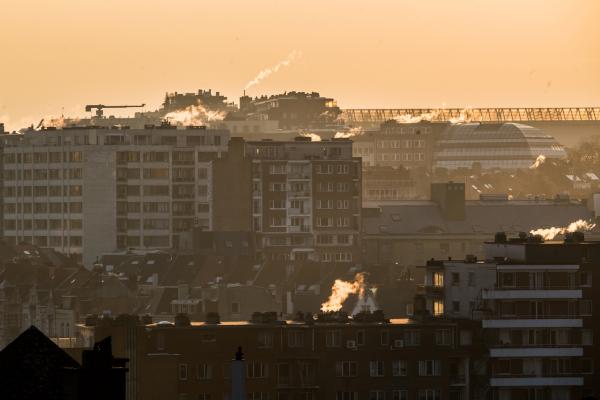
Air quality in European cities would benefit from reducing the combustion of traditional biomass for residential heating.
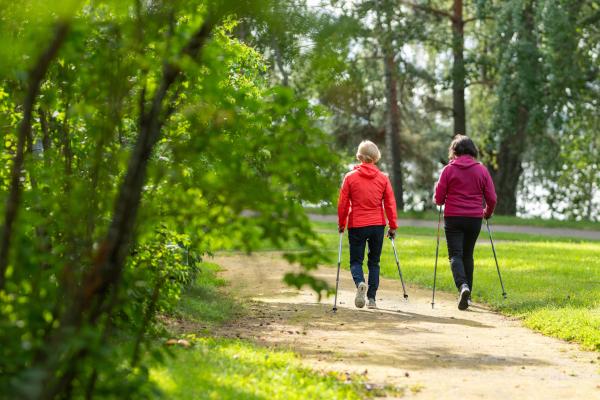
JRC highlights the impact of ageism on society and individuals.

Most comprehensive analysis to date shows that forest degradation can span up to 1.5km inside forest interiors.

JRC foresight makes the case for an all-encompassing policy view.

JRC methodologies underpin State of the Digital Decade report and help monitor progress towards 2030 targets.
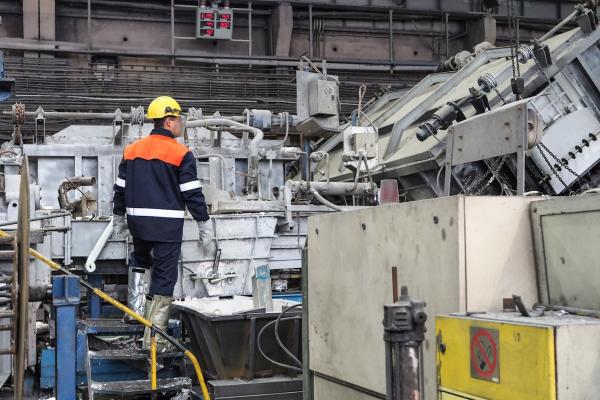
The JRC’s report assesses key technologies with strong potential to decarbonise energy-intensive industry.

New report shows lights and shadows of the innovation output performance of the EU and its Member States.
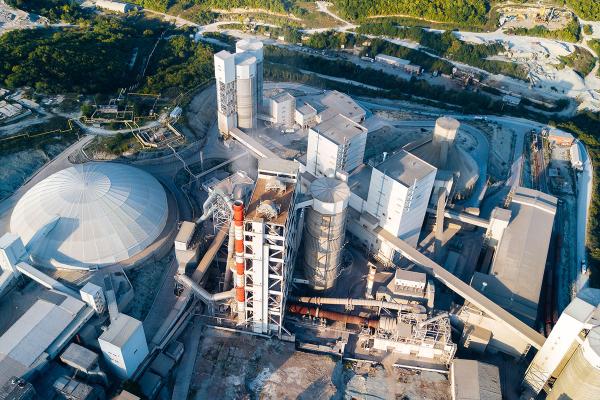
JRC leads initiative to assess innovative technologies for a greener and more competitive industry.

Official national control labs in the EU will now prepare to carry out tests to detect trace levels of antibiotics in feed.
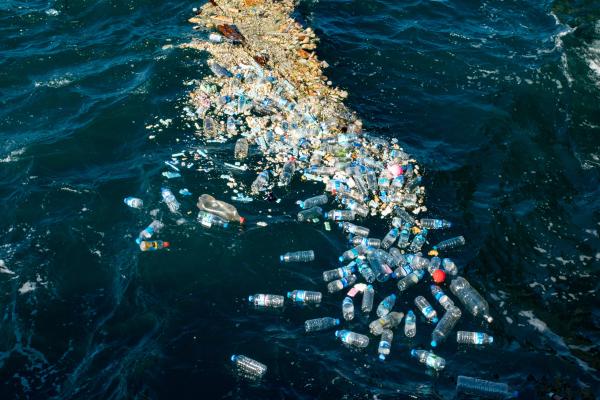
New study shows promising advances in fight against plastic pollution.

Despite a 4.4% share in EU’s overall workforce, participation of non-EU nationals is growing in sectors with labour shortages, including in digital and green occupations.
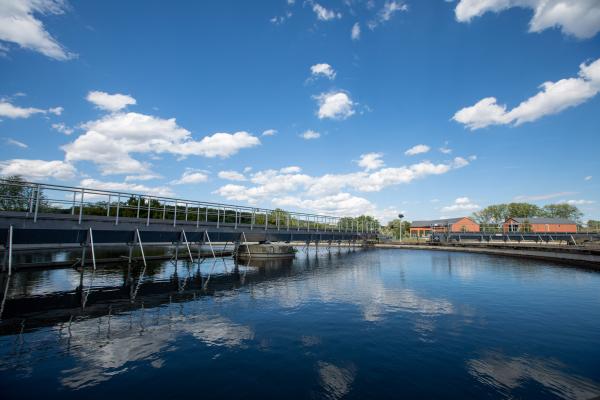
Reusing treated wastewater in agriculture can improve food security and help combat water scarcity.
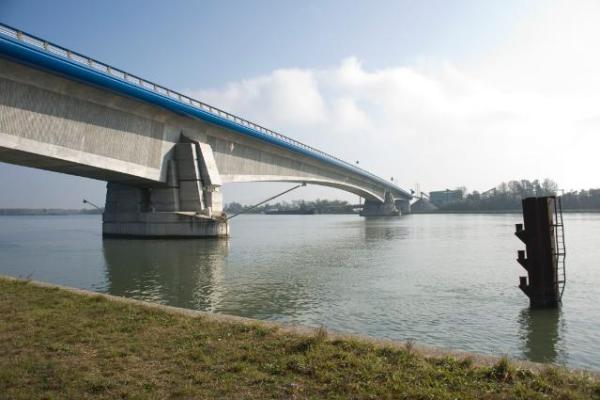
From food security to armed conflict: JRC research for EU resilience.

Hydrogen from abundantly available renewables on-site is the most sustainable option, but delivery via pipelines or shipping could still be environmentally friendly.

Analysis, trends and drivers of the performance of sectors relying on EU’s coastal and marine resources.

The concept of Gross Ecosystem Product brings ecosystem services into the picture.

Scientists investigate three grid expansion scenarios for 2030 and 2040, and provide recommendations to address grid bottlenecks.

Scientific evidence sheds light on benefits and challenges for connected public administrations.

The Global Report on Food Crises identifies conflicts as major driver, and the Gaza Strip food crisis as the worst in eight years.

A harmonised approach is a first step in eventually establishing exposure levels in EU tap water.
